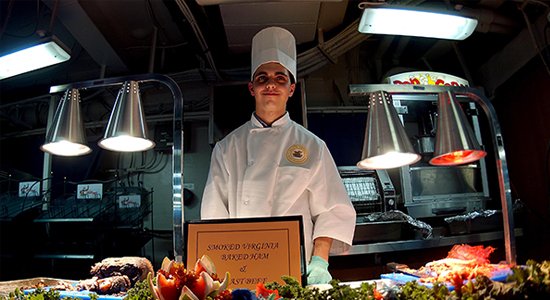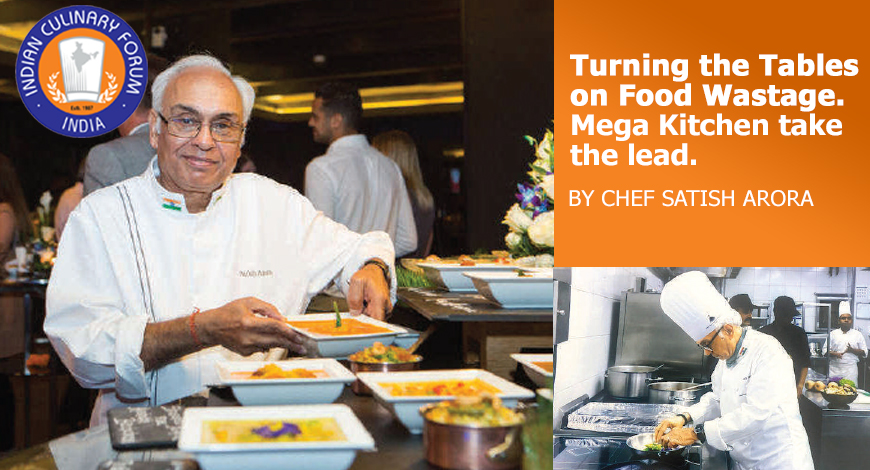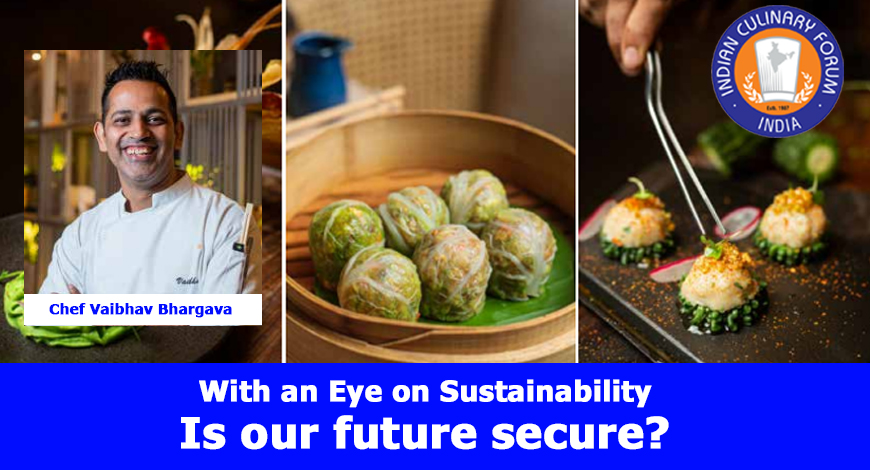The changing landscape of careers in tourism & hospitality industry in the digital age after COVID 19

The COVID 19 outbreak is an unforeseen event and nobody had ever imagined the level and scale of impact it has had on countries and economies. Adding to the plight is the never ending wait for the vaccine.There is no denying that the hospitality and tourism industry has been deeply impacted and the impact is suffered not only by the hotels but aviation, railways, cruise ships and travel operators. With that at the backdrop, the pandemic is likely to result in mounting losses for the sector and warrants modifications in the operating procedure to sustain. The organisation have to change in the way they function and operate since its survival of the fittest. In a scenario, where industry is going through radical changes, educators also need to keep up with the change, in order to keep their students abreast with the evolution of industry requirements.
Hospitality is a service business and irrespective of the digital endeavours, the human touch cannot be replaced. The pandemic has left an impact on the hospitality education as well, hence it is of paramount importance that the curriculum be updated with the changing times. The development of curriculum needs to be around the sense of responsibility, while preparing the students for industry to work under crises. The educators need to add the newfangled vocabulary and procedures used by the hospitality industry such as “clinically clean” and “sanitized cleaning” along with the meaning of aesthetically clean and general safety.
Delivering the contact-less services to guests, especially while serving food, hygienic care while food preparation, kitchen area may be divided into segments; critical operation area, noncritical area and pre-preparation area, use of 100 ppm chlorine for sanitizing non-vegetarian items and 50 ppm chlorine for vegetarian items, cost management during crises period, focus on self-registration and self-service features via latest technologies.
Digitalisation is one of the most significant trends in hospitality education. Hospitality institutions should create a Master’s in Hospitality Strategy in Digital Transformation, a program fully dedicated to preparing future hoteliers and hospitality service providers to lead the digitalisation of hospitality. This master would be a direct response to the industry’s needs to prepare future leaders to counter the challenges they will face in today’s digitally connected world. Successful completion of this program will equip students with the required skills and knowledge, to face the digital transformation in the hospitality industry, where new operators are shaking up the market.
There should be focus on digital courses, which make them venture into space beyond hospitality. The services industry is large, and with the right kind of training, the students can opt for courses in sales and marketing, customer relationships and reputation management. It’s the time when educators need to prepare the students to stand firm against the epidemic situations and move forward with the same confident SMILE. It wouldn’t be incorrect to say that Covid has propelled us to adopt a newer format of technology led learning, one that brings forth applicability of new learning, current trends & topics, repeatable, relatable, result driven and interactive formats in learning experience. This is a much required step to usher in a truly global hospitality education. Nonetheless, a piece of advice to all hospitality aspirants would be to develop a sense of urgency; learn the hard skills, along with the soft skills and be sensitive about human emotions.
CHEF ARVIND RAI
Chief Executive Chef
India Tourism Development Corporation





